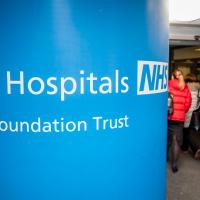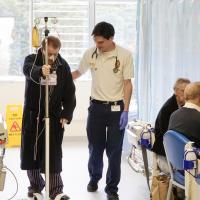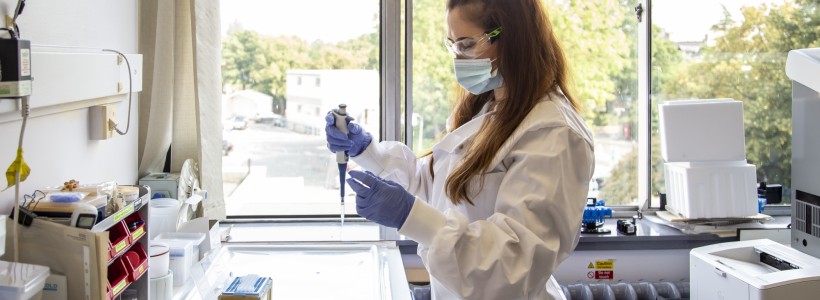All research studies require a study protocol. The content and detail will vary depending on the study to be undertaken. The requirement for other supporting documentation will also vary depending on the study. The R&I Department can offer advice about what will be required following the initial enquiry stage.
General advice can be found here: www.hra.nhs.uk/research-community/before-you-apply/protocol
HRA approved protocol templates should be followed where possible and can be found using the link above.
If your study is confirmed by the R&I Department to be a clinical trial of an investigational medicinal product (CTIMP) then researchers are expected to use the HRA approved template assessed via the link above.
Qualitative studies should use the HRA protocol template for qualitative studies.
Other interventional research studies are advised to adapt the HRA CTIMP protocol template.
General guidance on what is expected to be included in a protocol can be found here:
Writing your Research Protocol
- Other study supporting documentation
The documents required will be dependent on the study to be undertaken. The Research Adviser or delegated other can provide information about what may be required for your specific study. Guidance and templates can be found on the HRA website using the links below.
Data Protection
Your Protocol and Participant Information Sheet should both contain information regarding data protection. Potential participants must be properly informed of what personal data you are planning to collect and how this will be utilised and stored. The HRA website offers guidance on what you must consider and the correct wording required. More information can be found here: Data protection and information governance - Health Research Authority (hra.nhs.uk)








